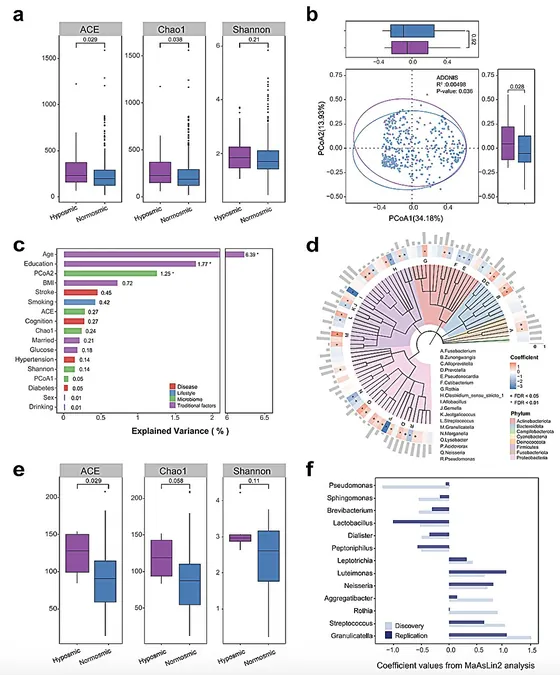
Unlocking the Mysteries of Memory: How Your Nose Might Hold the Key to Cognitive Decline!
2025-04-28
Author: Wai
Aging and Its Effects on Cognitive Health
As we age, particularly post-middle age, our brains—and our memories—may not work as they used to. With dementia cases rising dramatically from 55 million in 2019 to an estimated 139 million by 2050, understanding the early signs of cognitive decline is crucial. Detecting these signs paves the way for effective therapeutic interventions.
The Surprising Link Between Smell and Memory
Recent studies have unveiled a fascinating connection between our sense of smell—also known as olfactory function—and cognitive abilities in older adults. But here's the kicker: it remains a mystery whether olfactory dysfunction directly leads to cognitive decline or if both are symptoms of similar underlying aging processes.
Groundbreaking Research from Fudan University
To delve deeper into this intriguing connection, researchers at Fudan University in China conducted a pioneering study, recently published in *Translational Psychiatry*. Their aim? To explore the role of the nasal microbiome—the community of microorganisms residing in our nasal passages—in bridging the gap between smell and cognitive health.
What They Found: The Power of Your Nasal Microbiome
The study involved 510 older adults, averaging 77.9 years. Researchers assessed olfactory function using the brief Chinese smell identification test and measured cognitive abilities with psychometric evaluations like the mini-mental state examination. They also analyzed the participants’ nasal microbiomes using advanced 16S RNA gene sequencing.
The results were even more fascinating than expected! Those with olfactory dysfunction—specifically a condition known as hyposmia—exhibited a richer diversity of nasal bacteria, a finding that was confirmed through an external dataset. Eighteen nasal bacterial genera were correlated with olfactory function, with genera like Acidovorax and Morganella being more common in those affected by hyposmia.
Cognition and Bacterial Influences
In analyzing the data, researchers discovered intriguing links between microbial profiles and cognitive impairment levels. Notably, individuals with certain bacterial types displayed milder cognitive impairments compared to those dominated by different bacteria. For example, a biotype rich in Corynebacterium corresponded with a lower prevalence of mild cognitive impairment when compared to those with higher levels of Dolosigranulum or Moraxella.
A New Path Forward in Dementia Detection
These findings suggest that the nasal bacteria we carry may significantly impact the relationship between olfactory function and cognitive health in older adults. As this research progresses, it could lead to innovative strategies for early detection of cognitive decline, offering hope for better-targeted treatments in the future.
It seems that the secrets to preserving our cognitive abilities—perhaps even our very memories—may be hiding within our noses!


 Brasil (PT)
Brasil (PT)
 Canada (EN)
Canada (EN)
 Chile (ES)
Chile (ES)
 Česko (CS)
Česko (CS)
 대한민국 (KO)
대한민국 (KO)
 España (ES)
España (ES)
 France (FR)
France (FR)
 Hong Kong (EN)
Hong Kong (EN)
 Italia (IT)
Italia (IT)
 日本 (JA)
日本 (JA)
 Magyarország (HU)
Magyarország (HU)
 Norge (NO)
Norge (NO)
 Polska (PL)
Polska (PL)
 Schweiz (DE)
Schweiz (DE)
 Singapore (EN)
Singapore (EN)
 Sverige (SV)
Sverige (SV)
 Suomi (FI)
Suomi (FI)
 Türkiye (TR)
Türkiye (TR)
 الإمارات العربية المتحدة (AR)
الإمارات العربية المتحدة (AR)